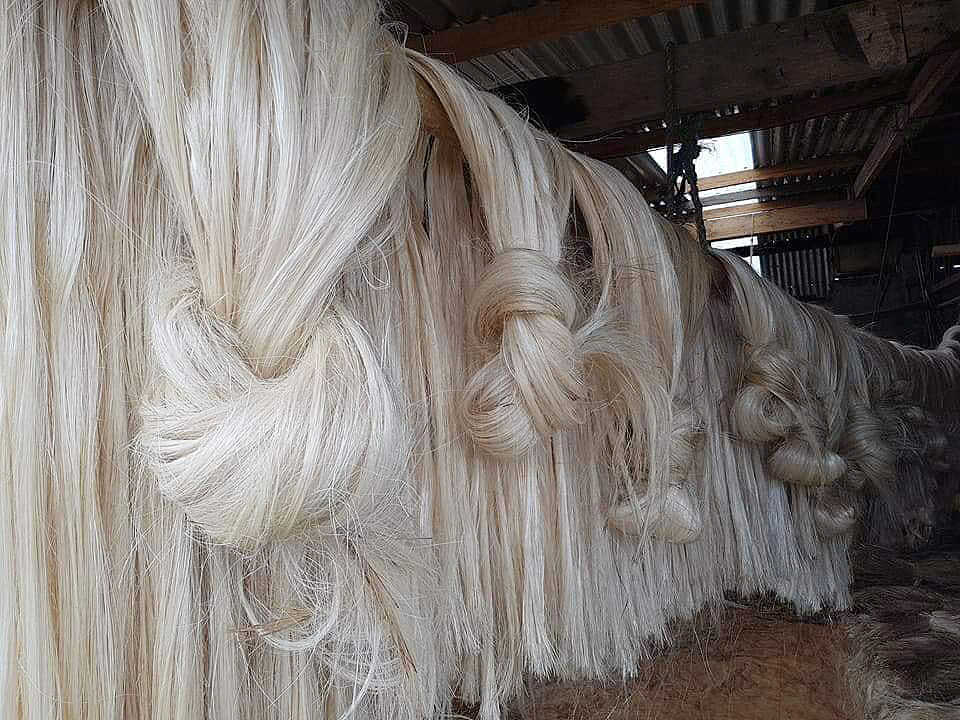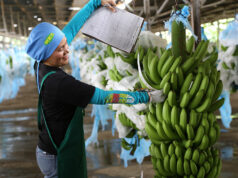
THE Philippine Fiber Industry Development Authority (PhilFida) said on Tuesday that it is in talks with the Bangko Sentral ng Pilipinas (BSP) for the use of abaca fiber in banknotes.
“We are now working together to restore the use of abaca fiber in bills,” PhilFida Executive Director Arnold I. Atienza said on government radio.
He said the initial talks centered on the process of “liquefying” abaca fiber for use in the production of polymer bills.
“PhilFida has the capacity to do it,” he said.
Polymer notes were introduced in April 2022. They are produced by melting and forming plastic pellets into sheets.
The Department of Agriculture (DA) in April said it was seeking a reversal of a central bank decision halting the use of abaca fiber in banknotes, “given the impact this decision has on the livelihoods of millions who rely on the abaca industry.”
The DA also urged the Department of Foreign Affairs to use abaca fiber in passports, and asked other government agencies to consider using abaca in official documents.”
Mr. Atienza said the BSP is “interested” in the proposal if the abaca can be liquefied for use in the polymer notes.
Abaca, also known as Manila hemp, is indigenous to the Philippines, which accounted for 86% of the global supply in 2023.
The abaca industry generated an average annual export revenue of $139.2 million between 2013 and 2024, with 18% generated by raw fiber and 82% by manufactured products, including pulp.
Abaca production fell to about 40,000 metric tons (MT) in 2024, from 61,100 MT in 2023. — Kyle Aristophere T. Atienza



